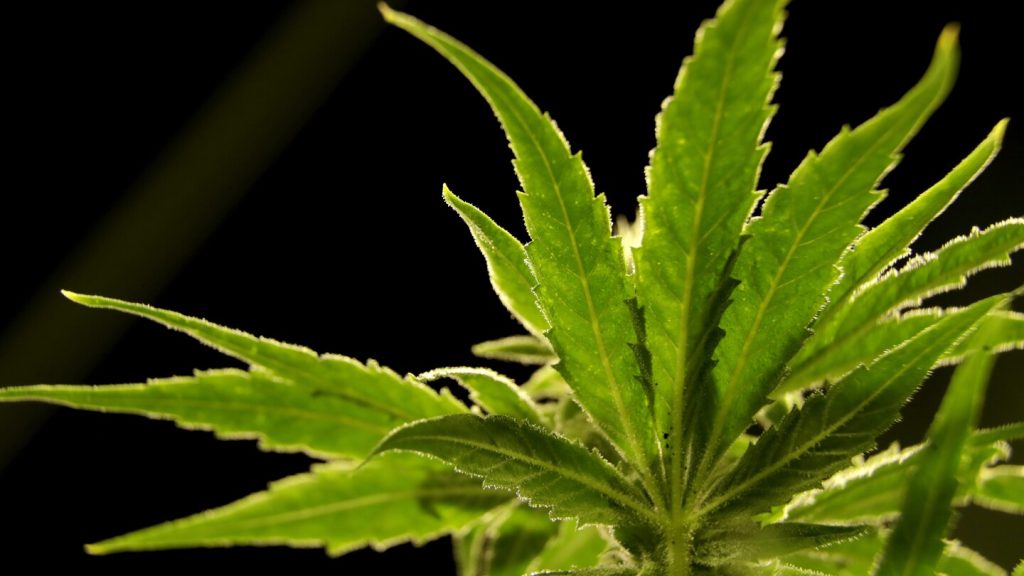The Biden administration’s move to reclassify marijuana as a less dangerous controlled substance was seen as a significant step in reshaping national policy. However, the cannabis industry still faces challenges with banking services due to federal regulations. Many financial institutions remain reluctant to work with marijuana-related businesses, leaving them without basic financial services like checking accounts and loans. This has forced many businesses to operate in cash, making them vulnerable to crime.
Majority Leader Chuck Schumer reintroduced legislation in the Senate that aims to remove cannabis from the federal list of controlled substances, expunge criminal records for low-level marijuana offenses, and set new standards to prevent impaired driving. The bill has gained traction with 18 sponsors in the chamber, signaling momentum for federal marijuana reform. Schumer emphasized the need to close the chapter on the failed War on Drugs, particularly its impact on communities of color.
Under the proposed plan, the Drug Enforcement Administration would reclassify marijuana from a Schedule I drug to a Schedule III drug. This move could take months to navigate through regulatory hurdles but could potentially make banks more willing to consider business with cannabis firms. However, banks would still face stringent regulatory requirements due to the federal government’s classification of cannabis as illegal, making it expensive for companies to access banking services.
Despite the potential reclassification, the lack of banking services continues to be a major obstacle for the cannabis industry. The risk associated with handling funds from marijuana-related businesses has deterred many financial institutions from offering services to these companies. Industry experts predict that even with rescheduling, banking services for cannabis firms will remain costly due to the perceived credit risk of the emerging market.
Industry leaders see the administration’s proposal as a positive step that could pave the way for research and tax changes benefiting cannabis operators. However, the passage of a banking bill, such as the SAFER Banking Act, is seen as crucial to allow banks to provide services to cannabis businesses in states where it is legal. Without such legislation, the entry of more banks into the cannabis marketplace remains uncertain.
Overall, the rescheduling of marijuana is viewed as an important move towards federal legalization, encouraging investment in the industry. Experts anticipate an increase in liquidity and capital entering the market as legal businesses stand to thrive under new regulations. While the Biden administration’s proposal marks progress, the need for comprehensive banking reform remains a priority for the cannabis industry to overcome financial challenges.


